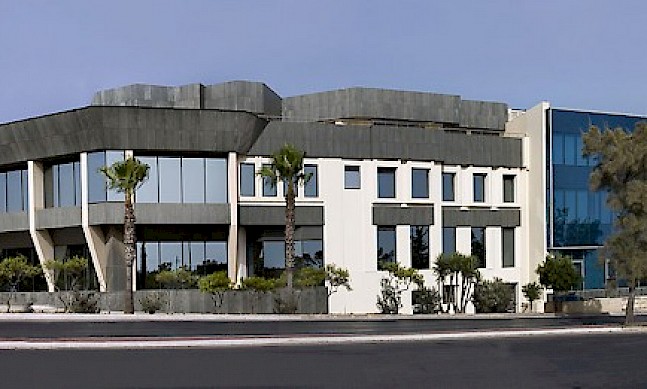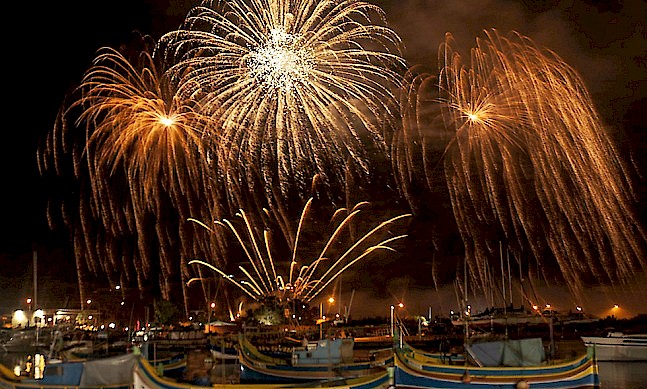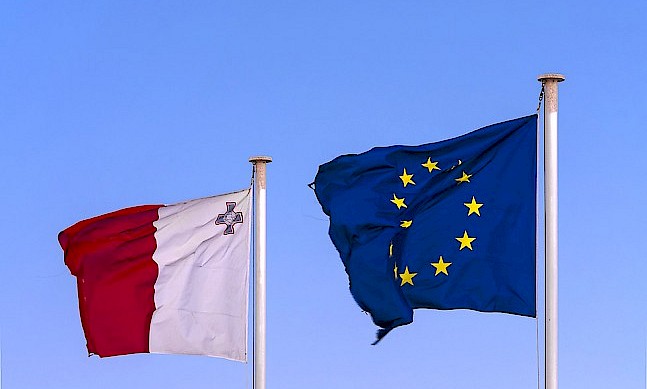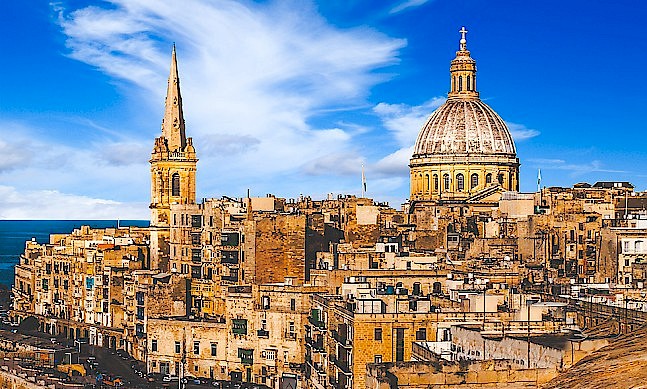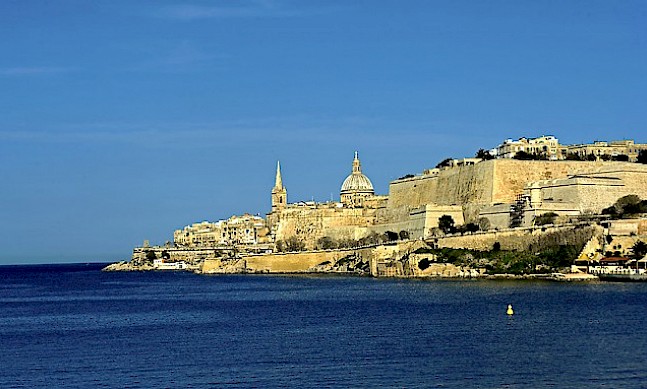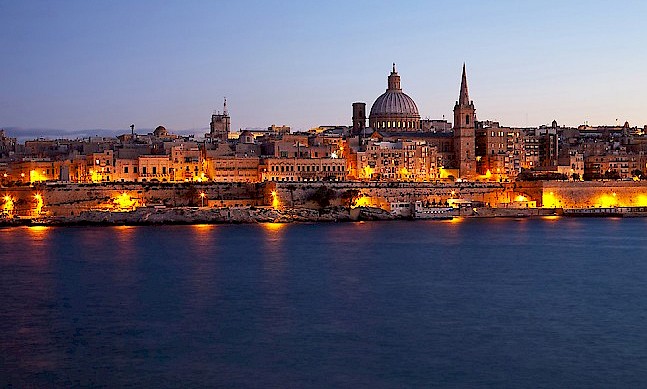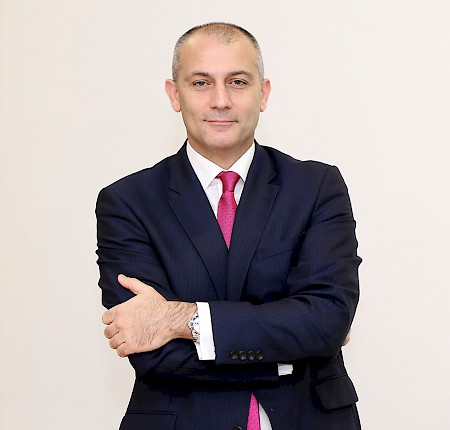
Formerly the Lotteries and Gaming Authority, Malta’s gaming regulator underwent a rebranding and organisational overhaul in early 2015 to reflect the key role it plays in bringing together Malta’s enormous casino, betting and gaming sector in one safely-regulated environment. Joseph Cuschieri, the authority’s executive chairman, spoke to The Report Company about the Mediterranean island nation’s evolution into major global gaming hub, and outlined MGA’s main objectives.
The Report Company: How has Malta evolved as a gaming jurisdiction, and what are the advantages for companies who choose to establish themselves in the country?
Joseph Cuschieri: Malta is a vibrant gaming jurisdiction which has continuously developed over the years since its inception as a remote gaming jurisdiction in 2004. While in its first years, Malta distinguished itself as the first member state to specifically regulate remote gaming, it has over the years developed a unique chain of supporting services and infrastructure that today form a sophisticated ecosystem which supports all forms of gaming products and various sizes of operators from start-ups to global brands. Apart from the business-friendly environment and the evolved physical and economic infrastructure and services, Malta provides a competitive fiscal environment that makes it the jurisdiction of choice for primary establishment in Europe.
As at December 2014, the number of licensed companies stood at just over 250, holding 469 licenses. The advantage of Malta as the jurisdiction of choice for gaming establishment is undisputed. Notwithstanding the success as a jurisdiction and in economic contribution terms which is evident in the numbers, the ever-changing technological and regulatory environments faced by Malta’s industry base have compelled the government and the MGA to take a fresh and comprehensive look in order to reposition Malta’s stance and augment its relevance within the global gaming space.
In order to achieve these aims, the MGA has embarked on a multifaceted transformation process of internal mechanisms and processes, in all aspects of its regulatory functions. Its major project for 2015 and spilling over into 2016 is its proposal to government on the overhaul of the regulatory regime. This is the nexus of a multitude of other projects, all aimed at widening the scope of governance and future initiatives to the whole range of gaming product markets, and with regulatory intervention measures that are robust, yet simplified and evidence-based.
The role of promoting Malta has been entrusted to GamingMalta, a foundation set up earlier this year for the purpose. By the end of 2015, the government and MGA will also be setting up the Gaming Academy, which will bring together various educational initiatives and partners in order to promote and provide the competencies and expertise this dynamic industry needs and deserves; thus strengthening the existent eco-system that supports this industry in Malta. There are other strategic initiatives in the pipeline that cumulatively aim at safeguarding integrity of the jurisdiction, yet allow its base to grow and innovate.
“Malta provides a competitive fiscal environment that makes it the jurisdiction of choice for primary establishment in Europe.”Tweet This
TRC: What reforms and activities is MGA undertaking to ensure Malta maintains its edge?
JC: The reform of the sector for Malta and MGA takes a different meaning: for most it means a shift in regulatory design and governance in order to move from state operation and monopolisation of gaming markets to a full or partial opening. This reform in Malta took place more than a decade ago and 12 years later Malta is at the dawn of its second generation of reforms.
Apart from the ecosystem that supports the full lifecycle of the operator, big or small, the strength of Malta as the jurisdiction of choice is spearheaded by two major developments. MGA is working on both these lines with rigour. In following these developments; Malta is possibly distinct in the perspective it adopts and that is the industry perspective, and the consumer and his/her experience perspective rather than the territorial boundaries.
The first is interdependence amongst jurisdictions. Notwithstanding the borderless nature of the internet, the regulation of remote gaming markets in Europe and beyond has developed along territorial lines and the incumbent state-by-state regulation. This has burdened the industry with increased costs of access and compliance attributed to the diversity of requirements that must be fulfilled even if they seek to achieve the same objectives of consumer protection and the prevention of fraud and crime. These developments, which have now become the rule rather than the exception, are calling for jurisdictions to align the methodologies imposed by regulators to comply. Formally or informally, regulators seek to tap the standing and compliance records of a company that is already established and operating under Maltese licence.
MGA’s aim of alignment is not to say that regulatory and monitoring mechanisms should seek to reach the least common denominator, but to adopt mechanisms that are easily inter-operable, portable and recognised by other jurisdictions of interest of the Malta-based industry. This will be reflected in the mechanisms to be adopted as a result of the regulatory overhaul currently underway.
MGA also recognises that the in spite of the state-by-state regulation of markets, the typical operator is active in more than one market and hence the economics are inter-dependent. So, therefore, is regulation and therefore the MGA is seeking very active cooperation with other jurisdictions in Europe and beyond in order to streamline, and as much as possible, avoid duplication and costs of compliance from an industry perspective without compromising regulatory performance.
In the consumer protection area, the MGA seeks to lead and is working on a holistic and evidence-based consumer protection policy to be published by end of 2015. This will be translated into specific performance-based measures in the new regulatory framework. This will be assisted by alternative dispute resolution (ADR) mechanisms and enhanced powers for the MGA to resolve complaints between players and their gaming providers licensed by MGA.
The second is the convergence of technology, and products or channels of marketing. As the regulator and governor of the sector, the MGA has to be equally responsive to technological developments. Innovation and developments experienced in this sector are leading to greater convergence between land-based gaming and online gaming, social and real-money gaming, which are greatly assisted by innovative marketing and payment platforms. The MGA recognises these developments and again will cater for them in the new governance framework. The MGA recognises, embraces and employs its experience in creating an advantageous environment for new technologies and start-up, innovative companies.
MGA strongly believes and recognises that these initiatives may be more fruitful in the longer term, but it is confident that its approach in strengthening the regulatory framework and remaining open to the developments in technology will entrench its global position as the gaming jurisdiction of choice for the industry as it continues to develop and grow.
TRC: How does MGA plan to grow the online gaming sector?
JC: The remote gaming industry is still on a growth path and the MGA’s plan is indeed to increase value of the Malta jurisdiction so that it can continue to grow with the sector. Moreover, and apart from establishing a regulatory framework that can address the opportunities and challenges of new gaming products along its whole spectrum, the MGA is actively assessing how it can facilitate access for our industry base to non-European emergent markets which are showing healthier signs of growth.
TRC: What efforts are underway to streamline MGA and make it more efficient?
JC: One of the first assessments undertaken in 2014, together with the strategic plan, concerned the capacity of the human resource of the authority itself to fulfil its statutory functions and the plan ahead for the next three years. As a result of this there was a complete restructuring of the organisation as well as training and an increase in number of staff in areas, such as finance, legal, customer support, regulatory and enforcement. A new information unit was also established, which is responsible for research, public consultations and the implementation of the IT strategy. There is also an ongoing training programme to up-skill the human resource
“Notwithstanding the borderless nature of the internet, the regulation of remote gaming markets in Europe and beyond has developed along territorial lines and the incumbent state-by-state regulation. This has burdened the industry.”Tweet This
MGA is encouraged by the results achieved to date as a result of these changes, including the reduction of the time in dealing with customer complaints by half and the processing of new or renewal licence applications making the authority more responsive and agile to the needs of both the industry and consumers. Moreover, a considerable effort is being made in the compliance area and monitoring.
TRC: What is the motivation for the new cruise casino regulations, and what are MGA’s objectives in this regard?
JC: The cruise casino regulations were introduced with the aim of regulating the operation of casinos on board cruise ships berthed in Malta or within Maltese territorial waters. Before the establishment of these regulations, such cruise ships with casino facilities on board had to be closed when in Maltese territorial waters. From an economic perspective, the possibility to open and operate on board casinos may encourage such ships to stay longer in Maltese ports. Only cruise ships for pleasure voyages, with a minimum capacity of 150 passengers and passenger living facilities, carrying out a minimum of three ports of call in three different states, fall within the remit of these regulations.
The role of MGA in this area is to ensure that gaming offered on cruise ships is played fairly, protects vulnerable people and is free from crime and fraud, like in other gaming areas. For this reason, any cruise liner wishing to operate a cruise casino requires prior approval and must adhere to the conditions contained in the regulations.
TRC: Which markets are a priority for MGA as it looks to expand the industry overseas?
JC: In achieving the strategic plan and vision of Malta for the gaming sector, it is necessary that Malta remains open and agile in the harnessing and monitoring of new technologies developed by the industry and also in new market developments. MGA is following a number of emergent markets with a view to facilitating access to these markets for the Maltese industry base which has largely already diversified its markets served from Malta. MGA’s priorities depend on market potential and trade relationships that may already exist or may still need to be established. There are many factors which may assist and the MGA and government are working on a small number of such emergent markets.
TRC: What is your vision for Malta’s gaming sector in the medium and long term?
JC: The MGA’s vision for Malta’s gaming sector is still a healthy one albeit with some consolidation and more focus. MGA is still processing a marginally higher number of licence applications than previous years and therefore the medium term looks good. The government and MGA are working strategically to ensure that growth is sustainable and empowered by innovative regulation and supporting measures, not least for innovative and dynamic start-ups that will shape the future of product development and player trends; and for companies that are already in Malta to widen their range of products, markets and strategic plans.




